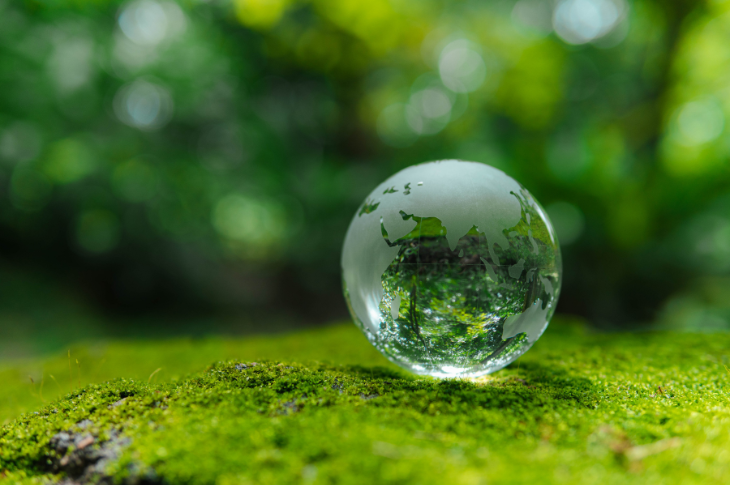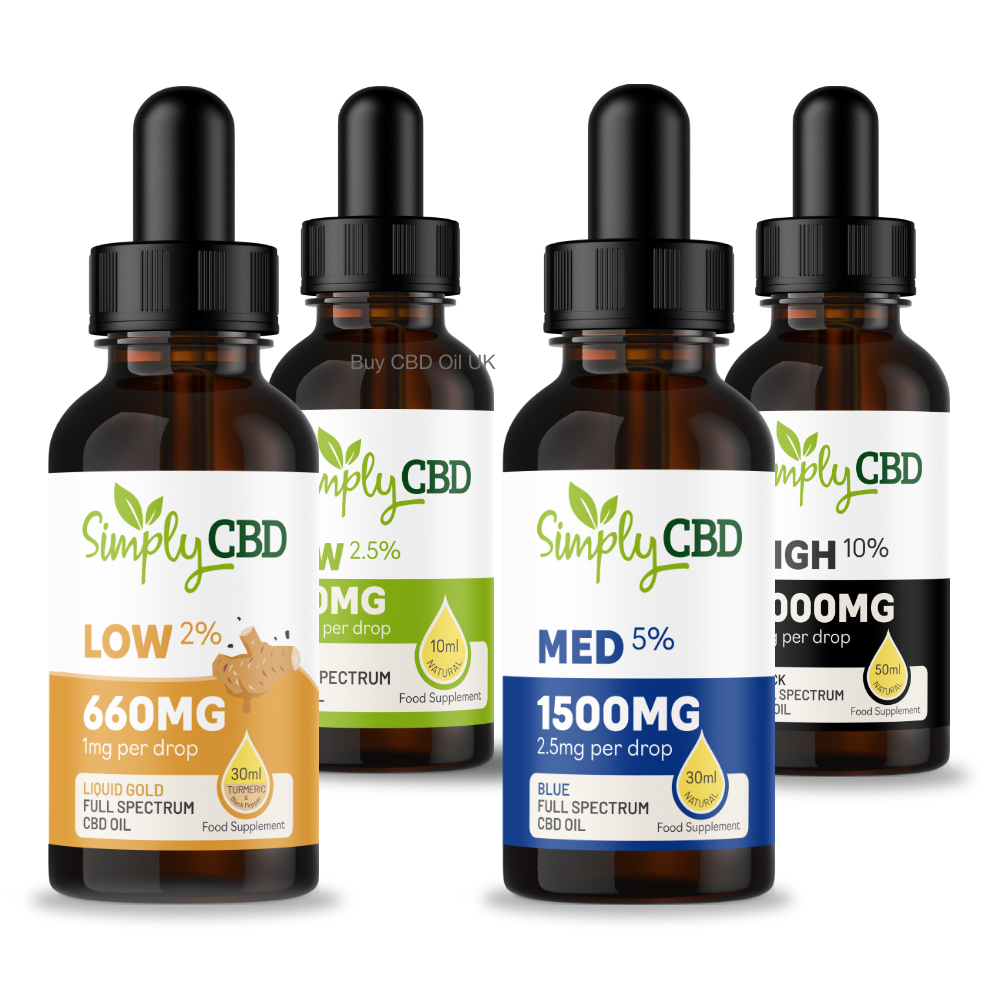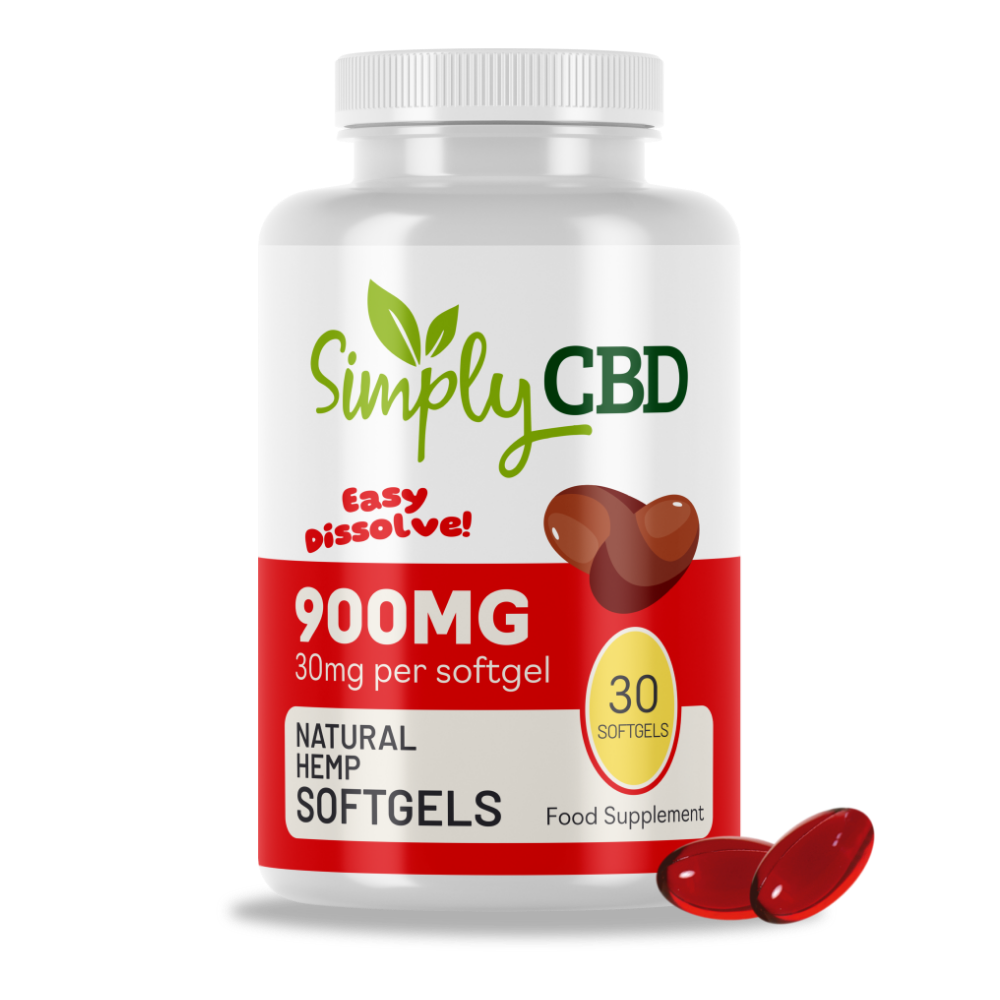
Hemp is the root of all of our CBD products at Simply CBD, but did you know it goes a lot further than that? From the sustainable products it can become to the incredible benefits it offers in its plant form, hemp is a natural environmental warrior. This article covers 10 of the most amazing environmental benefits of hemp.
1. Soil and water regeneration and purification
Hemp provides multiple benefits for the soil it’s planted in. For example, it has a natural ability to fix nitrogen in the soil. This reduces the need for synthetic fertilisers and helps to promote natural soil fertility. Hemp’s deep roots can also break up and aerate compacted soil. This helps reduce soil erosion by promoting water retention. Additionally, hemp can remove toxins, pollutants, and even heavy metals from soil and water, replenishing them with nutrients. In fact, it was even used as part of the clean up efforts in the aftermath of the Chernobyl disaster to remove heavy metals and radioactive materials from the soil and ground waters.
2. Habitat and food source for wildlife
Hemp fields provide a habitat and food source for many types of animals, including insects, birds, and small mammals. For example, bees can use hemp as a late season pollen source to feed their young when other flowers have stopped blooming and pollen sources are scarce. Additionally, birds benefit from hemp by using the plants for shelter and the seeds as a food source. Hemp can also be grown without the need for harmful chemicals, including pesticides and herbicides, which would have a negative impact on biodiversity.
3. Drought resistance
Hemp can thrive in diverse environments and climatic conditions as it’s a hardy and adaptable crop. This includes both arid and semi-arid areas, meaning it can make an excellent option for agriculture in drought-prone regions. It also requires significantly less water than most other types of crops. This makes it a great sustainable choice that puts less pressure on natural resources, particularly in areas where drought is common.
4. Low chemical maintenance
Hemp is naturally resistant to many types of pests and diseases that can harm other crops. This means it can grow without the use of synthetic pesticides, or very minimal amounts of them. It also usually requires less fertiliser than other crops due to its ability to fix nitrogen in the soil, as mentioned above. This low chemical maintenance results in a reduced environmental footprint in terms of pollution and resource use. Also, due to the fact that hemp has the potential to grow without these chemicals, many hemp products (including ours) are organic.
5. Carbon negative plant and products
Hemp plants absorb large amounts of carbon dioxide (CO2) from the atmosphere as they grow. According to current research, hemp is more effective than forests at absorbing atmospheric carbon. In fact, it sequesters more carbon dioxide as it grows than the equipment used to harvest, process, and transport it emits, making it a carbon negative crop. This carbon sequestration helps mitigate climate change. Additionally, hemp-based products, such as building and manufacturing materials like hempcrete and bioplastics, also have the potential to absorb more CO2 than they emit during production. This means that hemp is carbon negative in more than just its original plant form.

6. Reduced plastic pollution
Hemp fibres and materials, such as textiles and packaging, are biodegradable. This means they have a lower environmental impact at the end of their life cycle than their synthetic counterparts. For example, hemp-derived bioplastics offer a biodegradable alternative to standard plastic. This helps reduce the widespread issue of plastic pollution in landfills and natural habitats like the ocean.
7. Renewable energy source
Hemp biomass can be converted into biofuels, including biodiesel and ethanol. This offers a sustainable and renewable alternative to fossil fuels, as hemp-based biofuels emit lower levels of greenhouse gases and other harmful toxins. In fact, in 1941, Henry Ford created a car made from hemp-derived bioplastics (as discussed above), which was designed to run on hemp bio-fuel.
8. Reduced deforestation
Deforestation involves clearing wide areas of trees to harvest for various uses, including the production of paper. As hemp can be used as an alternative to wood in the paper production process for many types of paper products, it can contribute to a significant reduction in deforestation issues. It also requires no bleaching, adding its environmental benefits. Additionally, as hemp grows incredibly quickly (fully grown within three to four months), it’s an efficient option that can realistically be used as an alternative without any significant supply issues.
9. Crop rotation benefits
Farmers can integrate hemp into their crop rotation systems. This allows it to break cycles of harmful pests and diseases while improving the health of the soil. When the next crops are planted, hemp will have cleaned up the soil and environment enough for them to thrive rather than fall victim to common agricultural issues. Additionally, as hemp grows, it can smother weeds in the process. Planting hemp during a crop rotation also reduces the need for synthetics and chemicals, promoting a more sustainable farming environment.
10. Circular economy
A circular economy refers to a resource production and consumption model based on sustainability, reuse, recycling, and waste reduction or, ideally, waste elimination. Hemp promotes a circular economy by contributing to the production of biodegradable and reusable products in many sectors. These biodegradable products, materials, and resources can be reused or composted and returned to the soil from where they originated, completely closing the loop on waste. Additionally, every part of the hemp plant, including its flowers, leaves, stalks, and seeds, can be used for something. This means that the hemp plant does not inherently produce any waste at all, further promoting a circular economy.
Final thoughts
Hemp is a sustainable powerhouse with an incredible roster of benefits for humans, animals, and the environment. While this list does cover many of the most incredible environmental benefits of hemp, it’s by no means exhaustive. There is seemingly no limit to the good that hemp is able to achieve in all corners of the world in both its organic plant form and in the forms of the many biodegradable products and materials it can become.










